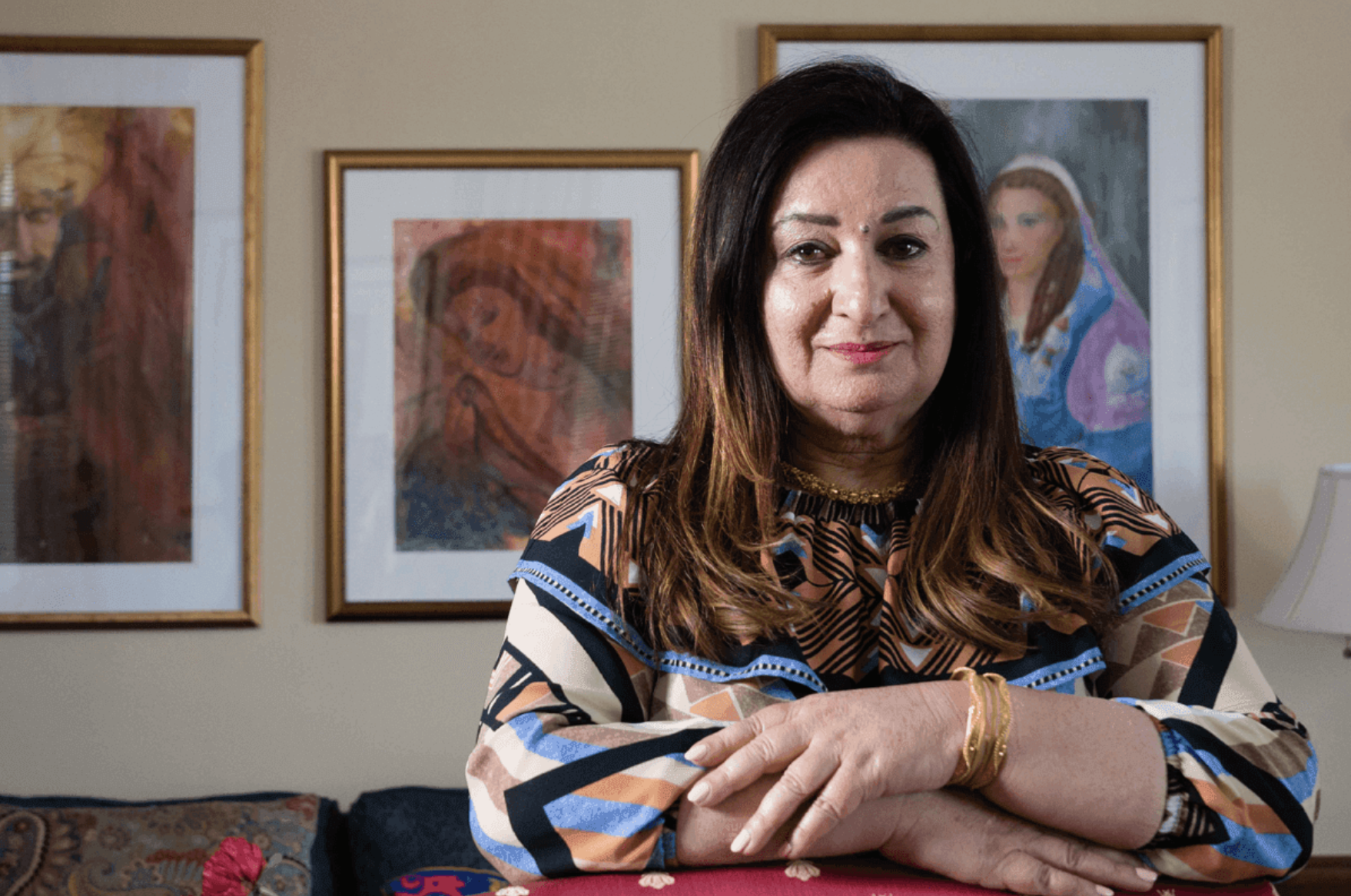TORONTO (CCN) — Non-profits raising awareness about human trafficking have pressed Canadian politicians for over a year to implement a renewed national strategy as the previous countrywide plan expired at the end of 2024.
Conservative Senator Salma Ataullahjan is obliging with Bill S-235, which was tabled and introduced in the upper chamber of Parliament late last month.
Ataullahjan, appointed in 2010 by Stephen Harper, outlined in her bill that a national strategy must “empower individuals with lived experience of human trafficking to regain their independence and reintegrate into their communities.” She proposes “sufficient investment in measures and services” for survivors.
The Toronto Counter Human Trafficking Network (TCHTN), which includes the Mary Ward Centre, a Catholic ministry that promotes peace, justice and the integrity of creation, has called on any new nationwide plan to be driven by survivors.
“Survivors must be meaningfully engaged and consulted on an ongoing basis at every stage of the work,” stated the TCHTN. “Consultations must always take into account each survivor’s need for safety and privacy and should be approached with a trauma- and violence-informed lens. Survivor input and recommendations are invaluable and must be treated with the same regard and respect as other experts in the anti-trafficking space. They are, in fact, the real experts.”
Bill S-235 also outlines prevention strategies, such as developing targeted campaigns to increase Canadians’ awareness about the nature of this evil in their own communities, devoting resources to unearthing the root causes of sexual or labour exploitation.
Ataullahjan’s legislation also seeks to “increase the capacity of the criminal justice system to identify and prosecute human trafficking cases using a trauma-informed approach.” She wants this mindset to be adopted by all federal employees, so there is a provision in the act to “ensure that federal government employees are provided with ongoing, trauma-informed training and resources.”
In a statement to The Catholic Register, Ben Rene, a spokesperson for the Canadian Centre To End Human Trafficking (CCTEHT), touted the promising aspects of Ataullahjan’s proposal.
“Bill S-235 reflects several of the centre’s long-standing recommendations for a National Strategy to Combat Human Trafficking,” said Rene. “It emphasizes survivor-informed, holistic approaches that address root causes, prioritize prevention and ensure adequate supports for people with lived experience.
“If passed, this bill could represent meaningful progress toward legislating an ongoing, evidence-based strategy to combat human trafficking — one that is regularly evaluated, renewed and strengthened, with the ultimate goal of ending all forms of human trafficking in Canada.”
He also cautioned that “survivors of sex trafficking and labour trafficking have vastly different needs. A robust approach must recognize these differences and ensure that each population is supported through tailored, trauma-informed interventions and services.”
For labour trafficking, Eva Rodriguez-Diaz of the Mary Ward Centre has said a comprehensive investigation must occur to counteract injustices.
“Many people in Canada are working legal jobs with legal companies but are working under illegal conditions,” said Rodríguez-Diaz. “This is present in farms, the hospitality industry, construction, small businesses and people taking care of children or the elderly in individual families. The government needs to recognize it is happening here and that it is a social (issue) and a problem against human rights.”
Statistics Canada’s snapshot of police-reported human trafficking incidents for 2024 is expected before the end of the calendar year. In 2023, 570 cases were reported to law enforcement. However, this does not reflect the true scale of the menace as the CCTEHT has found that fewer than 10 per cent of victims feel comfortable detailing their trauma to the police. Feelings of mistrust, fears over trafficker reprisals, deep psychological scarring, language barriers and disenchantment over how the legal system prosecutes trafficking cases are reasons for this reticence.
Since 2012-13, only 10 per cent of adult criminal court cases with at least one human trafficking charge have resulted in a guilty decision. Since 2012-13, 84 per cent of cases have resulted in either a stay, a withdrawal, a dismissal or a discharge.




